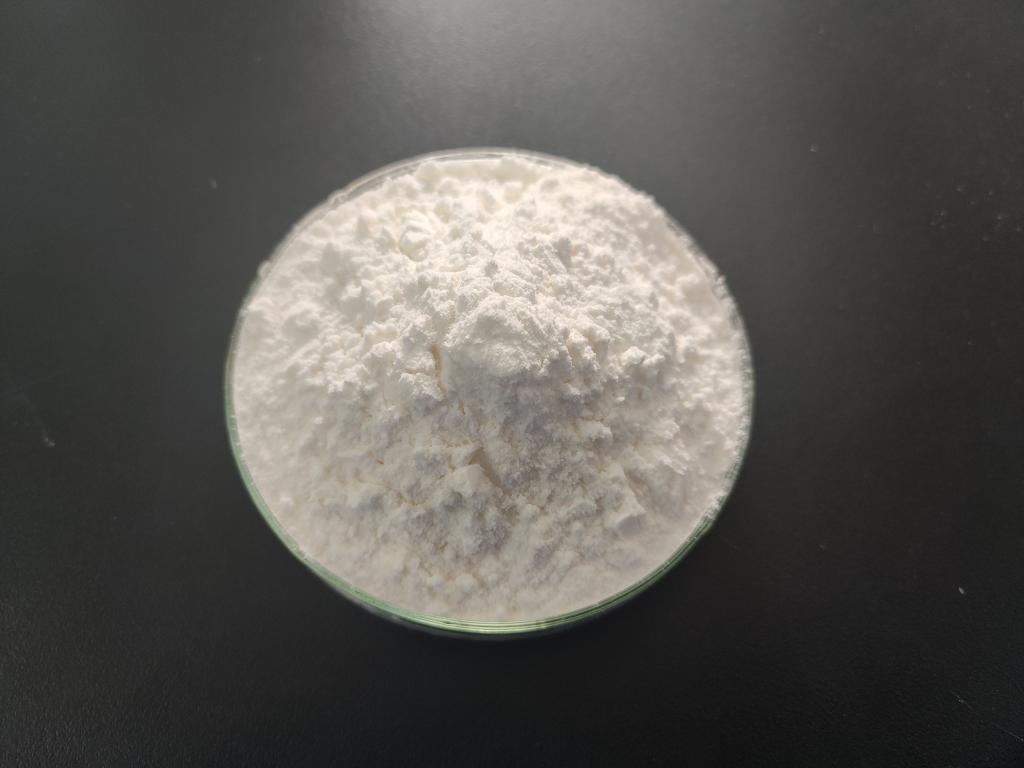Tel:+8618231198596

News
 CONTACT
CONTACT
 CONTACT
CONTACT
- Linkman:Linda Yao
- Tel: +8618231198596
- Email:linda.yao@dcpharma.cn
- Linkman:CHARLES.WANG
- Department:Overseas
- Tel: 0086 0311-85537378 0086 0311-85539701
News
How does the use of ε-Polylysine hydrochloride in food products impact the environment?
TIME:2023-03-17
What is ε-Polylysine hydrochloride?
ε-Polylysine hydrochloride is a natural, cationic, homopolymer of lysine that is produced by microbial fermentation. It is a linear peptide that consists of 25-35 lysine residues linked by peptide bonds. ε-Polylysine hydrochloride is soluble in water and has a high molecular weight of approximately 5,000-10,000 Da. It is a safe and effective food preservative that has broad-spectrum antimicrobial activity against bacteria, yeasts, and molds.
Environmental impact of the use of ε-Polylysine hydrochloride in food products
Energy consumption
The production of ε-Polylysine hydrochloride requires energy inputs for microbial fermentation, purification, and drying. This energy consumption contributes to greenhouse gas emissions and climate change.
Water consumption
The production of ε-Polylysine hydrochloride also requires water inputs for microbial fermentation, purification, and cleaning. This water consumption can lead to water scarcity and water pollution.
Waste generation
The production of ε-Polylysine hydrochloride generates waste streams such as spent fermentation broth and purification byproducts. These waste streams can be difficult to dispose of and can contribute to environmental pollution.
Soil and water contamination
The use of ε-Polylysine hydrochloride as a food preservative can lead to soil and water contamination. This is because ε-Polylysine hydrochloride can leach into the soil and water systems through food waste and wastewater. Once in the soil and water systems, ε-Polylysine hydrochloride can have negative effects on the microbial communities that play important roles in nutrient cycling and ecosystem functioning.
Biodiversity loss
The use of ε-Polylysine hydrochloride as a food preservative can also lead to biodiversity loss. This is because ε-Polylysine hydrochloride can disrupt the microbial communities that are important for maintaining soil fertility and supporting plant growth. In addition, the use of ε-Polylysine hydrochloride can lead to the loss of beneficial microorganisms that play important roles in the gut microbiome of humans and animals.
Pesticide resistance
The use of ε-Polylysine hydrochloride as a food preservative can also contribute to the development of pesticide resistance in bacteria. This is because ε-Polylysine hydrochloride has broad-spectrum antimicrobial activity and can kill both pathogenic and beneficial bacteria in the gut. This disruption of the normal balance of bacteria in the gut can lead to the overgrowth of pesticide-resistant bacteria.
Wildlife impacts
The use of ε-Polylysine hydrochloride as a food preservative can also have negative impacts on wildlife. This is because ε-Polylysine hydrochloride can be toxic to aquatic organisms and can bioaccumulate in the tissues of fish and other wildlife. In addition, the use of ε-Polylysine hydrochloride as a food preservative can lead to the loss of habitat and biodiversity for wildlife.
Conclusion
In conclusion, while ε-Polylysine hydrochloride is a safe and effective food preservative, its use also has an impact on the environment. The production of ε-Polylysine hydrochloride requires energy and water inputs, generates waste streams, and can lead to soil and water contamination, biodiversity loss, pesticide resistance, and wildlife impacts. To mitigate the environmental impacts of the use of ε-Polylysine hydrochloride in food products, it is important to reduce waste generation, improve waste disposal practices, and implement sustainable production methods that minimize energy and water consumption. In addition, it is important to monitor and regulate the use of ε-Polylysine hydrochloride to ensure that it does not have negative impacts on the environment and wildlife.
- Tel:+8618231198596
- Whatsapp:18231198596
- Chat With Skype







